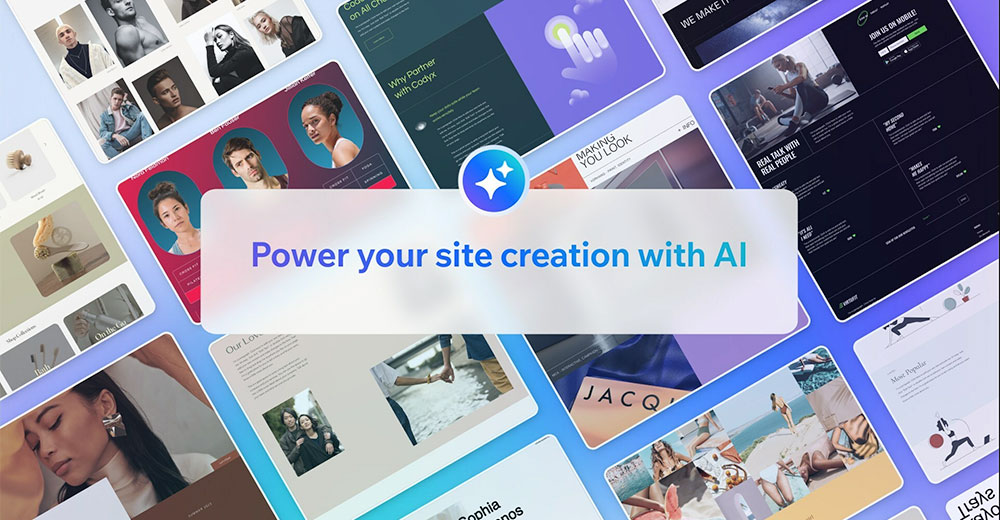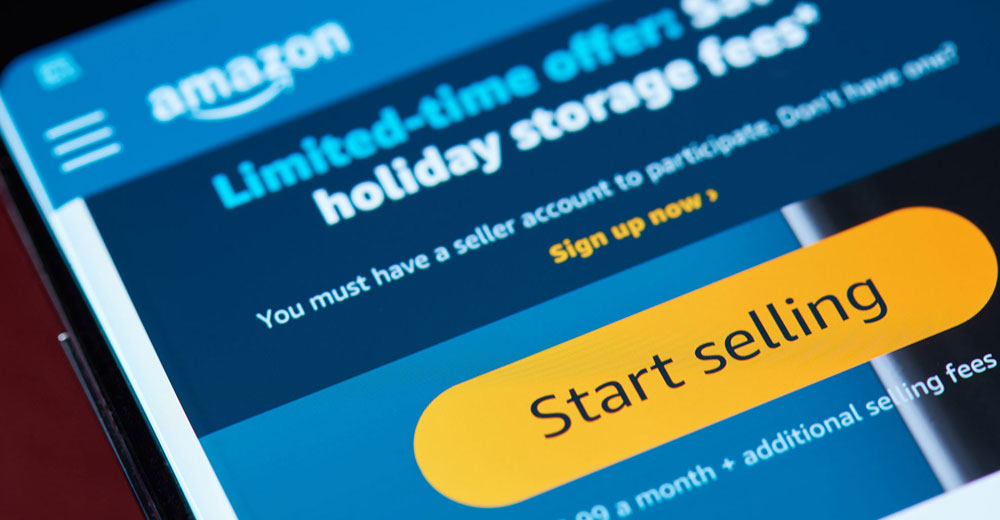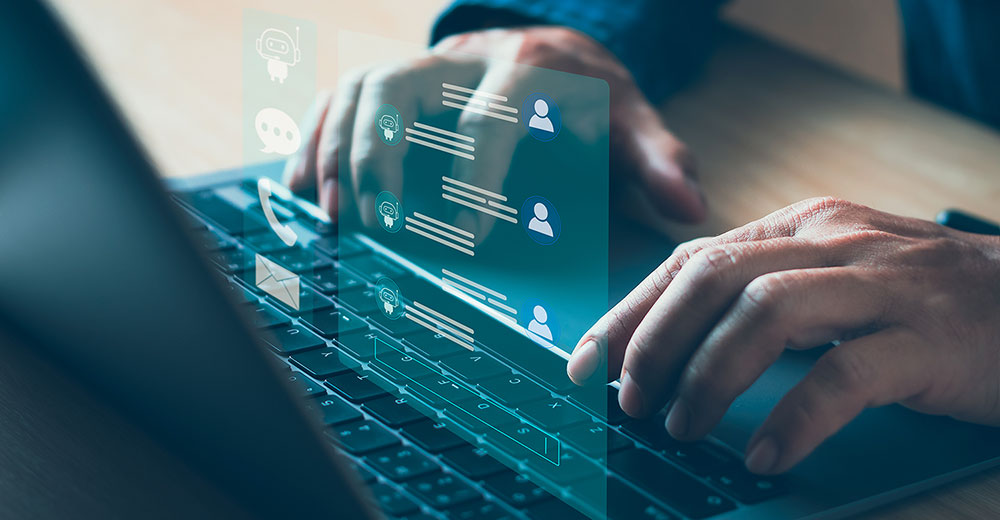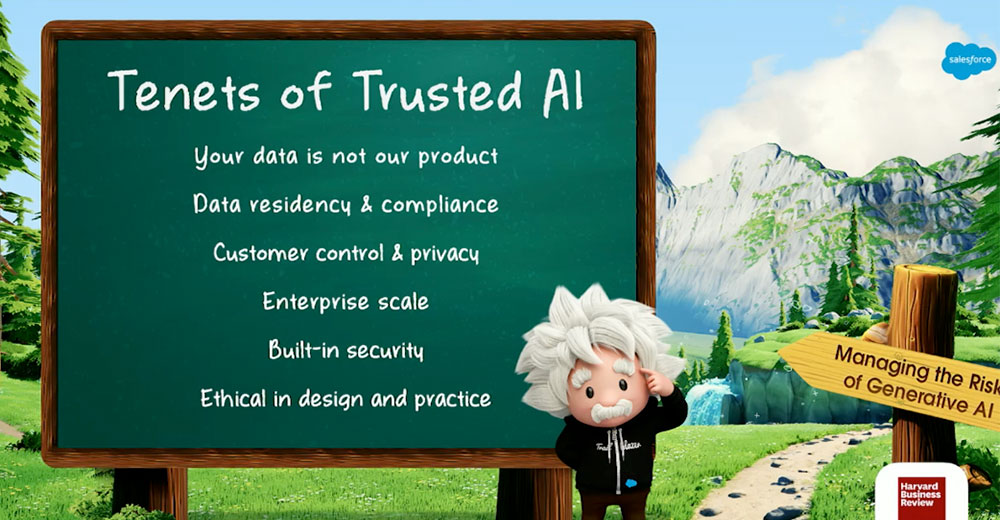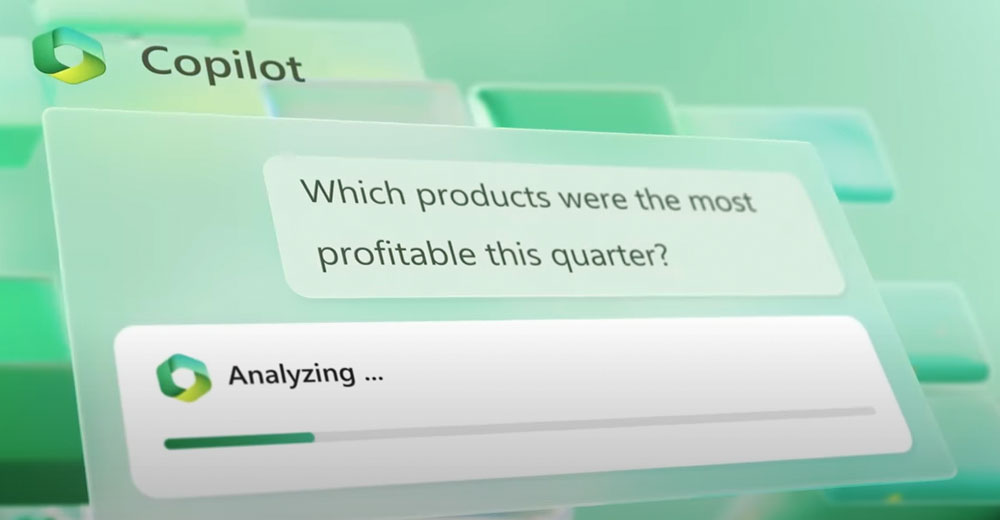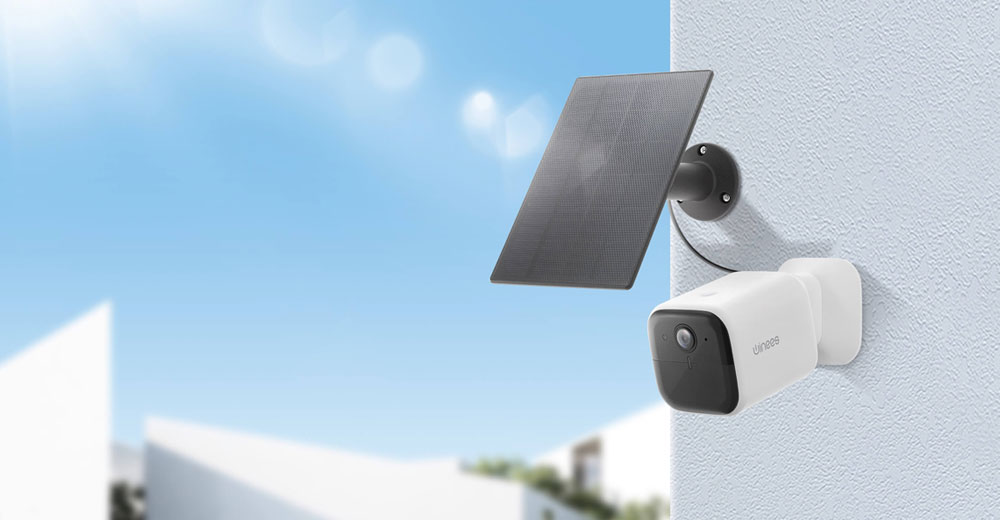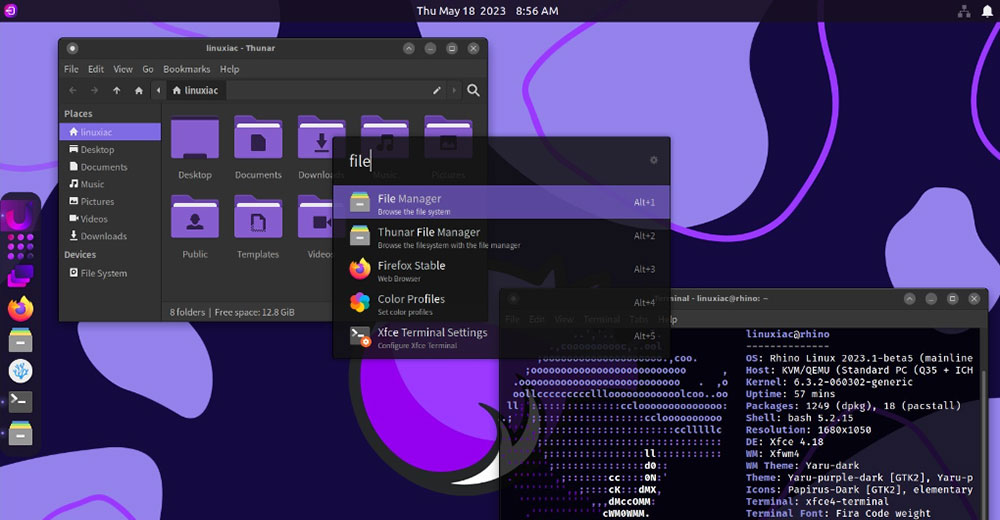The debate over online privacy and end-to-end encryption that has been raging for years since whistleblower Edward Snowden leaked information about the United States National Security Agency’s covert surveillance of Americans’ communications to the press in 2013 continues.
Privacy organizations such as the Electronic Frontier Foundation are up in arms over two bills before the U.S. Senate claiming to fight online child sexual exploitation. They argue that the bills violate the Constitution and weaken both national security and online security for individuals.
One, the EARN IT Act of 2020, would let the government compel online service providers to break encryption online. The other, the Lawful Access to Encrypted Data Act, would let the Department of Justice demand manufacturers of encrypted hardware and software, communications providers, and others create backdoors in their products or services.
Meanwhile, organizations fighting child sexual exploitation argue that encryption facilitates predators’ activities; a growing problem, with 18.4 million reports were made last year to the U.S. National Center for Missing & Exploited Children.
At Facebook’s annual general meeting on May 27, nearly 13 percent of shares voted were in favor of asking the company to assess the risk of increased sexual exploitation of children as it develops and offers additional privacy tools such as end-to-end encryption.
Law enforcement contends that encryption facilitates criminals and terrorists.
Into this mix comes colorful cybersecurity expert, and fugitive from the U.S. Internal Revenue Service, John McAfee, who founded, then sold, the cybersecurity company bearing his name.
On July 7, McAfee announced the launch of the 4G Ghost Cell Phone Data Service, which he described as the world’s first private cell phone data service.
Users will be untraceable and untrackable, according to McAfee. The service is slated to launch globally in December.
Promise of Privacy
The Ghost Cell Phone Data Service is part of a larger ecosystem which includes McAfee’s Ghost cryptocurrency and GhostX Exchange for private cryptocurrency exchange.
“The Ghost brand will encompass a range of practical, real world tools for people to protect our rights and take back our privacy,” McAfee said. “Privacy is a human right.”
McAfee invited members of the media to beta test the service. They should contact mcafeeghostphone [at] gmail.com if they wish to do so.
“It’s likely that the Ghost Cell Phone Data Service provides a suite of anonymity services, but it’s one thing to say you make certain things more anonymous and another to guarantee complete anonymity no matter what you do,” Roger Grimes, data driven defense evangelist at KnowBe4 told TechNewsWorld.
“Anyone promising the latter should be suspect.”
It is possible to track users “myriad of different ways that have nothing to do with your physical connection,” Grimes noted, and “if this service is really, really good at perfect anonymity and becomes known to law enforcement you can expect that it will be outlawed. Most of our world’s governments don’t tolerate perfect anonymity that really works.”
How Ghost by McAfee Works
The service, which is data-only, uses eSIM so phones can connect to its network without needing a SIM card, which is traceable.
It provides coverage in 35 countries.
Users can manually select from more than 2,000 IP addresses in these countries to access service, making it difficult to pinpoint their location. They can change IP addresses as frequently as desired.
All network traffic will pass through multiple anonymized servers and cannot be traced accurately back to the customer.
The service is designed to obscure the user’s location, and “a trace on your phone will show you are where you aren’t,” Rob Enderle, principal at The Enderle Group, told TechNewsWorld.
Ghost is providing a free app for the service for both iOS and Android.
The service supports the Google Pixel 3, 3XL, and 4 XI; the Samsung Galaxy S20, S20+, Fold, and Galaxy Z Flip; the iPhone 11 family, as well as the iPhone XS, XS Max and XR. Other phones that support eSIM technology may work on the network also.
The basic service package will offer access to Ghost’s networks and 1 GB of data transfer. Additional data can be purchased as an add-on.
To use the data network, all that owners of a supported phone need to do is scan a QR code supplied when they purchase service. No personal information is required for sign-up and all service is prepaid with no contract, according to Ghost by McAfee.
VoIP Weakness
Voice services are not included, but the data plan fully supports VoIP services like Skype.
That’s a potential crack in Ghost’s armor.
VoIP services “keep call records, and Skype in particular has shared such data with the NSA in the past,” Paul Bischoff, privacy advocate with Comparitech, told TechNewsWorld.
“Even if your data connection is private, you can still be tracked if you log into your accounts or use a Web browser with cookies enabled.”
Two Sides of the Tracking Coin
Law enforcement contends that online anonymity and encryption shield criminals and terrorists and facilitate their actions, but privacy organizations have pointed out that bad actors can easily move their operations to the Dark Web and have used alternative means of communication or developed their own encrypted applications.
“While a service like this will certainly be attractive to the bad actors of the world, it will also be of great use to legitimate uses such as journalists, human rights activists, and other users in countries where the government is known to monitor and restrict online activity,” Chris Hauk, consumer privacy champion at Pixel Privacy, told TechNewsWorld. “I look forward to seeing more services like McAfee’s in the near future.”
























